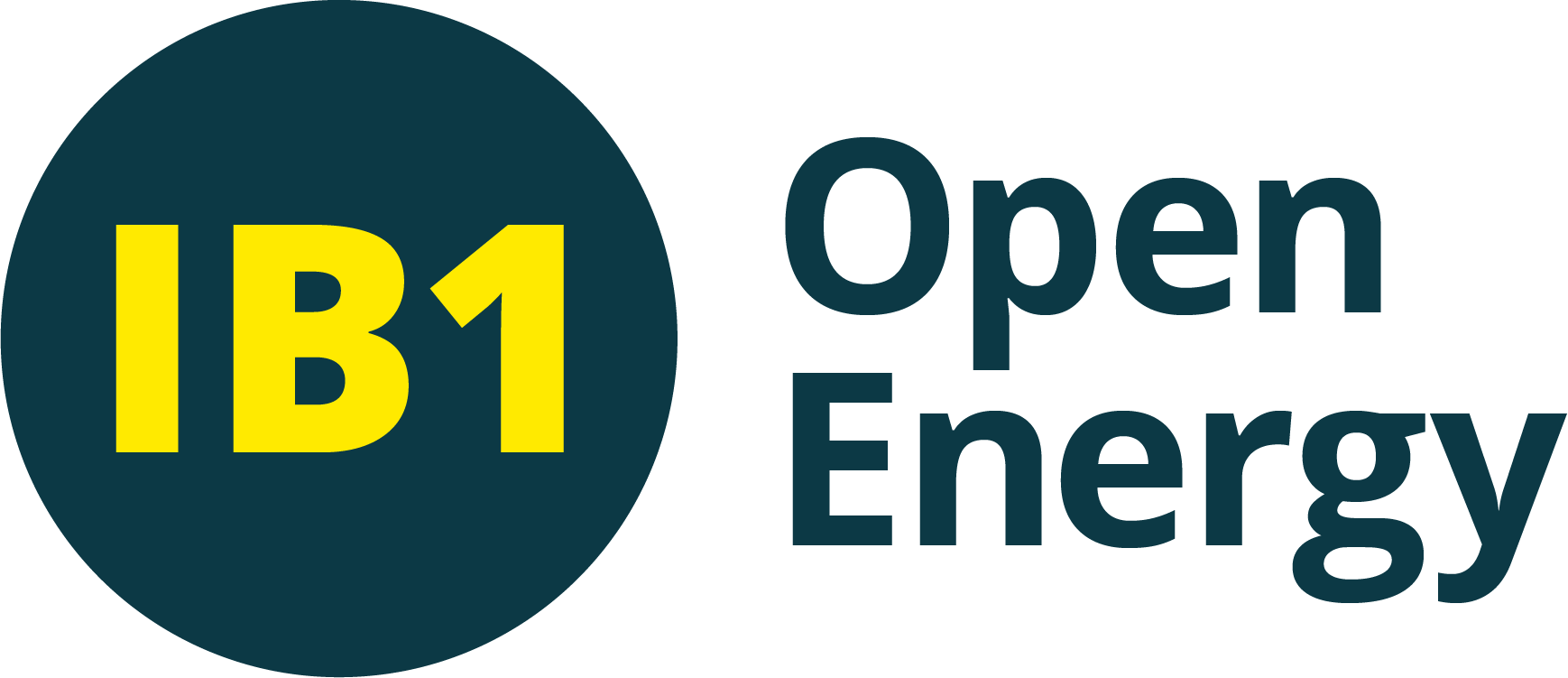During Phase 2, four Advisory Groups (AG) met to help inform, shape and develop the work being carried out by the Icebreaker One-led team.
In November, an all AG meeting was held, to bring together the work from all parties and to identify the way forwards. A write up from this meeting has been published online, as have the slides.
Open Energy is a collaborative, industry-led, initiative. As such, we are publishing the summary outputs of the work carried out by the AGs, both to increase transparency and to allow others to comment upon the work we have done to date.
Advisory Group 1: User, Market, and Societal Needs
AG1 interrogated & developed the use case identified in Phase 1, which explores a local authority looking to develop a plan for retrofitting buildings with low carbon technologies.
The research team supporting this Advisory Group explored the potential social, environmental, and economic value impacts from Open Energy.
Advisory Group 2: Policy, Regulation, and Legal
AG2 developed the policy, regulatory, and legal framework to enable organisations to share data without the need for bilateral contracts.
Research supporting this AG included, key relevant literature, an introduction to codes and licenses, and an introduction to smart meter data. Additionally, the AG co-chairs and research team documented and responded to AG members’ feedback.
Advisory Group 3: Operational Guidelines
AG3 collaboratively drafted recommendations for the Open Energy Operational Guidelines, considering the extent to which the Open Banking Operational Guidelines could be adapted for Open Energy, identifying the energy specific considerations, and building on relevant and parallel work by Ofgem, Energy Networks Association, and the Energy Data Taskforce.
Advisory Group 4: Technical Standards
AG4 supported the Phase 2 prototype build through drafting recommendations for the Open Energy Technical Specifications. The AG produced a set of draft technical documentation for the prototype, broken down by audience and purpose, and a summary of risks, challenges, and recommendations to be considered in the future.
